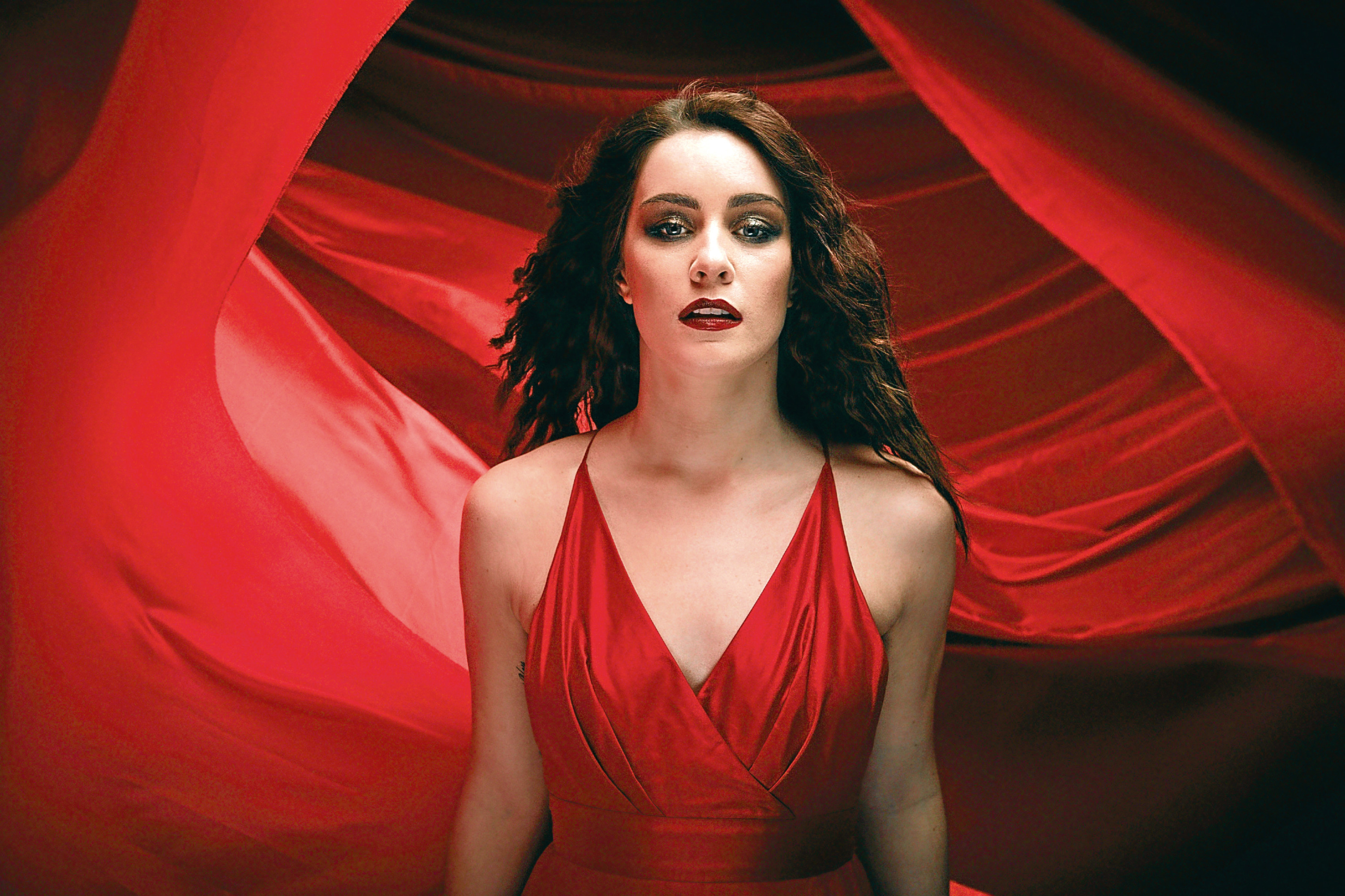
LET’S face it, you’d get better odds on the Archbishop of Canterbury winning the Derby than the UK winning Eurovision.
Especially if the going was soft.
Since the annual song contest was hijacked by juries wanting to make political points with their voting instead of simply rewarding the least-offensive song, our chances have plummeted.
It all started with Tony Blair upsetting Europe by backing Uncle Sam’s Middle East interventions, meaning many “nul points” for the UK entry.
And things have worsened with the former Soviet states giving Russia maximum points in a blatant “please don’t invade us” ploy, and the likes of Greece and Turkey trading top marks as if trying to convince folk they don’t actually hate each other.
The Grand Final of the 62nd Eurovision Song Contest this weekend will see the 26 finalists perform in Kiev before all 42 countries who entered are asked to reveal their jury points live on air.
Next, viewers’ points from all the countries will be added up to eventually reveal the winner of the iconic glass microphone trophy.
It was meant to be 43 countries, but because the event is being held in the capital of Ukraine, Russia withdrew.
The Ukrainians would probably have preferred they withdraw from Crimea, the disputed territory they “annexed” a couple of years ago.
Terry Wogan became a master at predicting where the points would go, and many of us think we know where they won’t be going this time round.
More than half of Brits believe we’d be better off pulling out of Eurovision because of Brexit, according to a study from Ladbrokes, while half say that we’ll receive fewer points as a result.
They expect the UK entry sung by Lucie Jones to bomb on the night, fearing a bottom-five finish is assured.
Lucie represents the UK with her song Never Give Up On You, co-written by Danish 2009 winner Emmelie de Forest.
Cardiff-born Lucie came to “prominence” in 2009 when she finished eighth in the sixth series of The X Factor.
She was eliminated in a final showdown with Jedward, which I think tells us all we need to know.
She signed to a modelling agency before becoming the “face” of Wonderbra’s Full Effects campaign, as well as touring in a few musicals and having a bit part in an episode of Midsomer Murders.
It’s unsurprising, then, that over three-quarters of Brits are embarrassed by our act and almost a third feel Europe doesn’t like us.
With a total lack of faith in the Song Contest, most of us will not be voting on the night, while over two-thirds claim we will simply never win again.
Saying that, one in 10 hold out hope that if One Direction represented us, it could take us back to the glory days of 1997 when Katrina And The Waves gained our last win on the day after Blair won the general election.
Alex Donohue of Ladbrokes says: “It’s been 20 years since the UK won the Eurovision and Brits seem to feel like it will be at least another 20 until we win again.
“Brexit means Brexit, and it looks like leaving the EU will do us no favours this year when it comes to emerging victorious.”
Ladbrokes have put Jones’ odds of winning at 33/1.

Enjoy the convenience of having The Sunday Post delivered as a digital ePaper straight to your smartphone, tablet or computer.
Subscribe for only £5.49 a month and enjoy all the benefits of the printed paper as a digital replica.
Subscribe